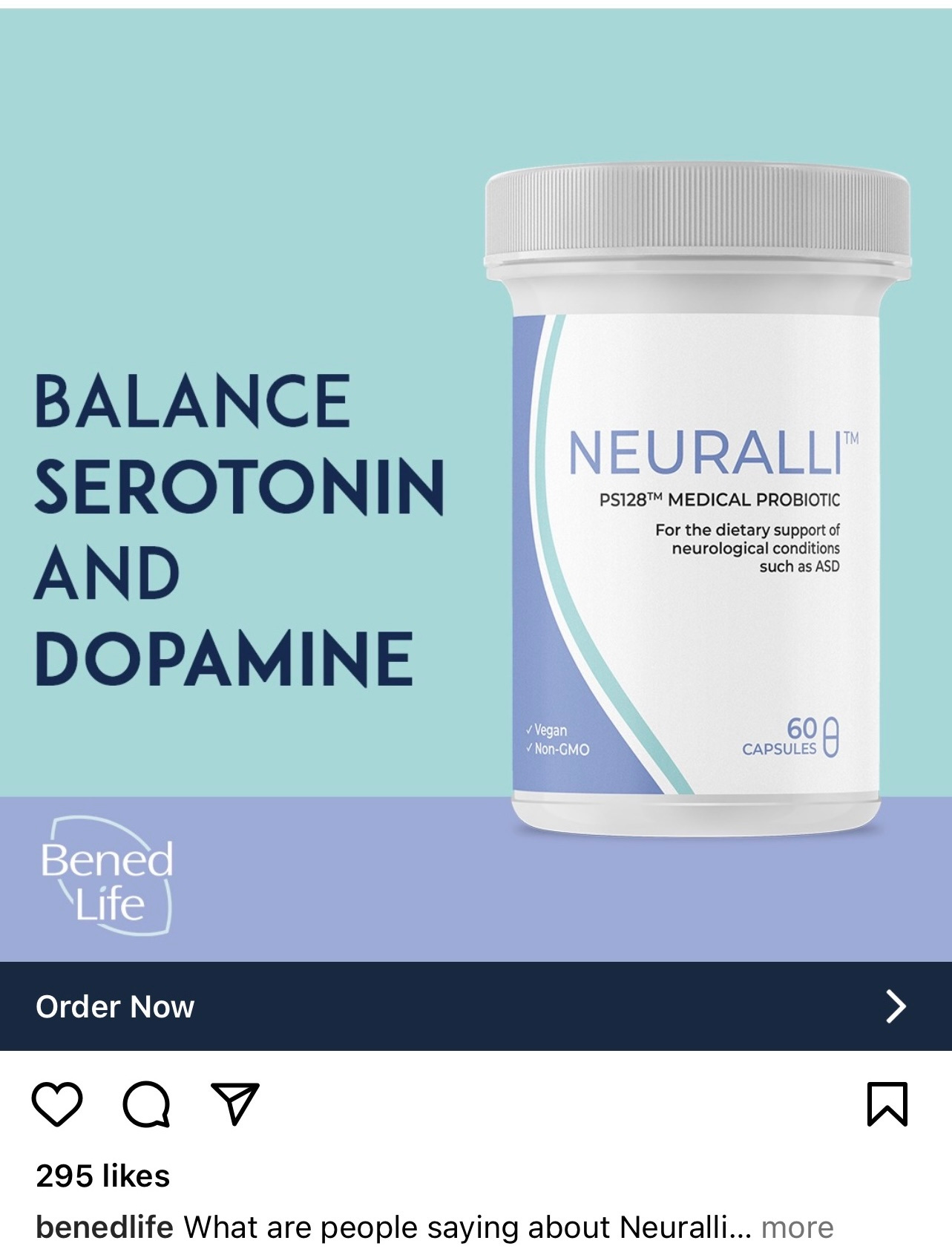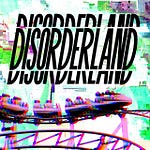Jess keeps getting Instagram ads for some probiotic supplement that’s supposed to cure depression — luckily, we have an in-house microbiologist to consult! Ayesha critiques the studies behind Neuralli, talks stressed-out microbes, and explains why trying to fix social problems with one patented microbe is never going to work.
📝 Show Notes📝
Neuralli’s Studies
2019 double-blind placebo controlled study, Taiwan
71 subjects, only boys
Short-term (only four weeks)
Let them stay on their meds
Admit a high placebo effect
“Although double-blinding often adds strength to study design, this study illustrated a high placebo effect. In our study, all subjects were allowed to keep their original medication and maintain all their therapies. Therefore, the changes in outcomes measured may be attributed to either the PS128 interventions or placebo.”
2021 randomized double-blind placebo-controlled clinical study (USA)
32 autistic subjects from age 3-20 yrs (ridiculous range)
Combination therapy with oxytocin
28 weeks total, in combo with oxytocin after 16 weeks
Only saw improvement in the combination group!
Probiotics supplied by Bened Biomedical lol
131 autistic subjects, only 52 with GI issues
Not placebo controlled
25 subjects with Parkinson’s
Not placebo controlled
Moody microbes or fecal phrenology: what do we know about the microbiota-gut-brain axis? (2016):
“speculation far outstrips good evidence of a causative role for gut microbes…While a number of studies have identified differences in the microbiota of ASD versus neurotypical controls, the results are inconsistent… a recent comparison between ASD patients and neurotypical siblings found no difference in microbiome composition, in contrast to a number of studies examining unrelated controls.”
The question of causality is complicated by the bi-directional nature of gut-brain signaling. So while behavioral mood or neurodevelopmental disorders may be associated with dysbiosis it is also clear that changes in the CNS impacts the gut microbiota. For example, exposure to psychosocial stress, in addition to altering brain chemistry and inducing anxiety like behavior, also disrupts the gut microbiota.

Some Collected Criticisms
From an APA cover story on the future of psychobiotics in 2018:
“many researchers are moving ahead with experiments to understand how specific microorganisms might influence mental health, for better or worse. Much of the evidence so far comes from animal studies.”
“a study by Eran Elinav, PhD, MD, at the Weizmann Institute of Science in Israel, and colleagues found that many people’s microbiomes expel the bacteria in standard probiotics, preventing the probiotic species from becoming established in their digestive tracts”
A review from 2015 found:
“there is very limited evidence for the efficacy of probiotic interventions in psychological outcomes. The evidence base is incomplete and lacks applicability.”
From a 2016 review:
Much psychobiotic research is based on rodent models, which use rodent stress inductions and rodent behavioural tests to assess motivation, anxiety, and depression.
..a recent systematic review of psychiatric benefits of probiotics in humans found little evidence of positive outcomes, a finding running counter to the general optimism. Others have stated that the field, though not ‘faecal phrenology’, will ultimately be unable to provide true translational value without rigorous elucidation of mechanisms. Numerous limitations must both constrain enthusiasm and stimulate further investigations. For example, many studies examine several psychophysiological variables, of which only a few register effects. While exciting, issues of false-positives and false-negatives have not been adequately investigated.

















Share this post